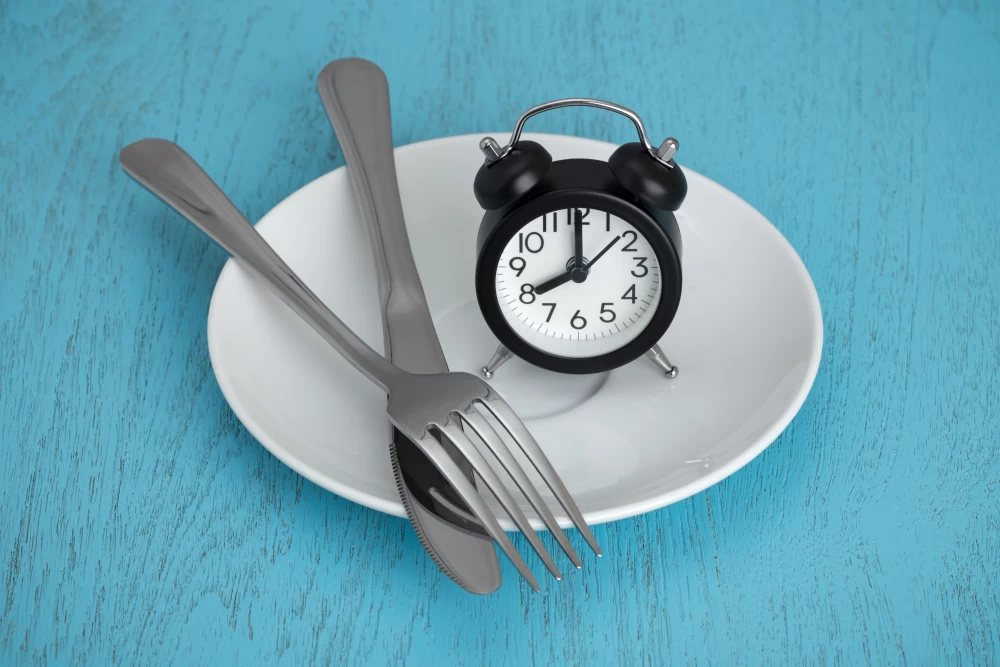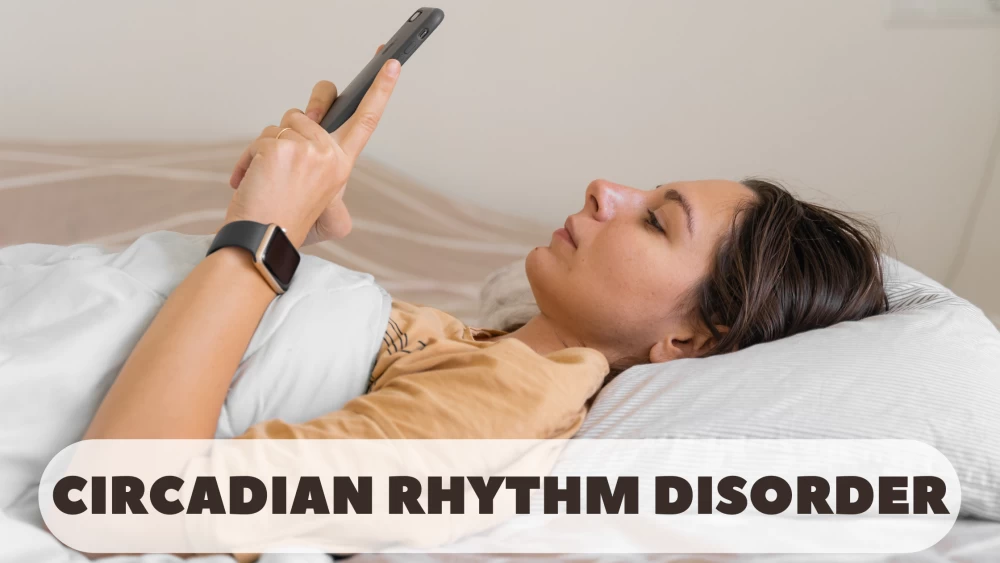
- 30th April 2023
Table of Contents
How does Intermittent Fasting work?
Alternating periods of fasting and eating is the basis of the diet plan known as intermittent fasting (IF). Weight loss, increased insulin sensitivity, and decreased inflammation are just a few of the possible health benefits, which have contributed to its rising popularity in recent years. However, intermittent fasting's effect on the quality of sleep is still debatable. The quality of your sleep may suffer if you try intermittent fasting, according to some research. This could be because hormones like cortisol and melatonin, which are essential in regulating sleep-wake cycles, are controlled by the body's internal clock in response to when it is fed. However, other studies suggest that the anti-inflammatory and metabolic benefits of intermittent fasting may actually lead to better sleep. More studies are needed to determine the effects of intermittent fasting on sleep duration and quality. Pay attention to how IF affects your sleep patterns and make any necessary adjustments if you're considering incorporating it into your overall health plan.
Sleep and the Circadian Rhythm
The practise of intermittent fasting has emerged as a prominent diet trend in recent years. Dieting entails limiting eating to predetermined times of day and night. Several health benefits have been linked to this diet, but it also has the potential to affect sleep and disrupt circadian rhythms. The term "circadian rhythm" is used to describe the regularity with which our bodies go through phases, such as when we sleep and when we are awake. This natural rhythm can be thrown off when we eat at odd times due to intermittent fasting, which can make it hard to get to sleep or stay asleep. In addition, eating a heavy meal so close to bedtime can disrupt your digestion and make it difficult to fall asleep. Some experts suggest that if you're going to be following an intermittent fasting routine, it's best to stick to a regular eating schedule and avoid eating late at night. Even if you have to adjust your meal schedule, practising relaxation methods like meditation or yoga right before bed can help you get a better night's rest. Finding a happy medium between intermittent fasting and regular sleep schedules is important for your health.

Intermittent fasting's positive effects
Due to its numerous health benefits, intermittent fasting has become a popular trend in recent years. One of the benefits that receives less attention is how positively it affects one's quality of sleep and circadian rhythm. Improved sleep quality is one of the many benefits of intermittent fasting, which works by resetting the body's internal biological clock. Eating late at night can throw off our circadian rhythm, resulting in restless nights of sleep. By encouraging an earlier eating window and decreasing snacking frequency, intermittent fasting helps reset the body's internal clock. This improves the quality of your slumber by letting your body repair itself and replenish its reserves while you rest. In addition, research shows that intermittent fasting leads to longer, more restful REM (Rapid Eye Movement) sleep cycles, which are necessary for healthy cognitive operation, emotional stability, and memory consolidation. If you want to improve your physical and mental health and get a better night's sleep every night, intermittent fasting is something you should definitely try.
Possible Harm to Sleep and the Body Clock
The practise of intermittent fasting has gained popularity as a means to better health and weight loss. However, this has the potential to impair one's circadian rhythm and quality of sleep. Hormones like melatonin, which are essential for regulating sleep-wake cycles, have been shown to be disrupted by intermittent fasting. Fasting triggers the release of cortisol, which may help you stay awake during the day but can throw off your sleep schedule. Intermittent fasting has been linked to late-night eating, which can further disrupt our natural sleep-wake cycle. Eating late at night can throw off our internal clock because our bodies are designed to eat during the day and sleep at night. Having a heavy meal too close to bedtime can also make it uncomfortable and hard to sleep. The negative effects of intermittent fasting on sleep quality and circadian rhythm can be mitigated by maintaining a regular eating schedule and avoiding late-night snacking or heavy meals before bed, as recommended by sleep and nutrition experts. Developing a restful bedtime routine and reducing screen time in the hours leading up to sleep should also be top priorities.

Tips on Getting the Most Out of Your Sleep With the Fewest Disruptions
Alternating periods of eating and fasting, or "intermittent fasting," is a well-liked dietary strategy. This diet improves health in many ways, but it also has the potential to impair sleep and alter the body's natural 24-hour cycle. If you want to reap the benefits of intermittent fasting while minimising its negative effects on sleep, there are some things you can do. To begin, it's best to eat during daylight hours whenever possible, as this coincides with our body's internal clock. Eating earlier in the day and lighter meals later can aid digestion and reduce discomfort that might keep you from getting a good night's rest. Second, establishing a calming pre-bedtime ritual can greatly enhance the quality of your nightly slumber. Since blue light from screens inhibits melatonin production, avoiding them at least an hour before bed is recommended. Finally, drinking plenty of water throughout the day will help with digestion and promote better overall health, both of which contribute to better sleep. By adhering to these basic rules, one can reap the rewards of intermittent fasting without jeopardising their quality of sleep.














